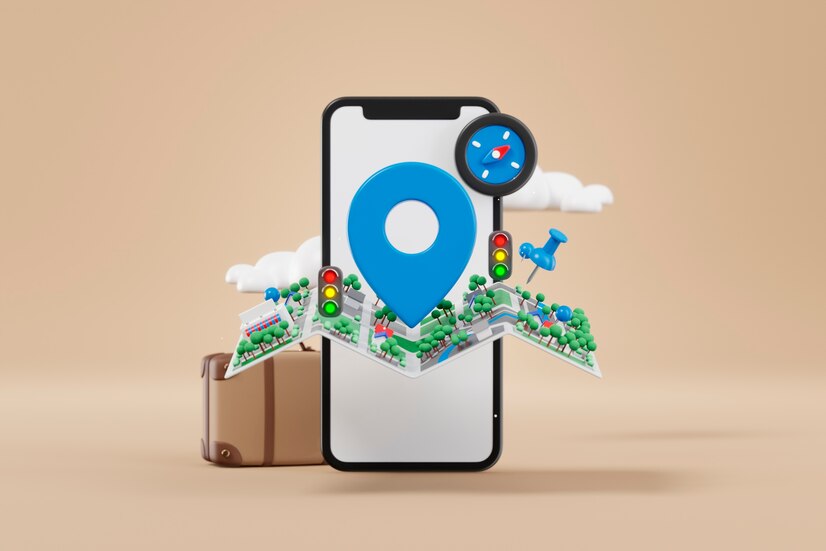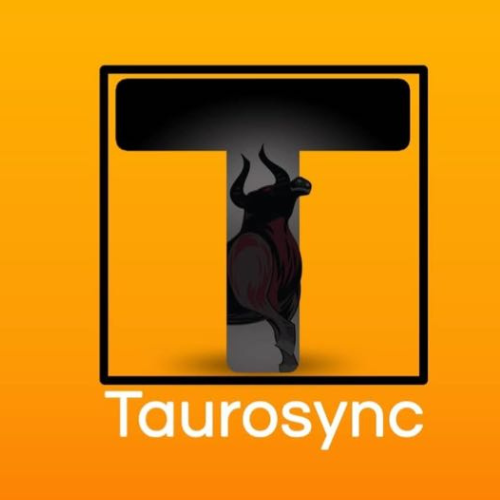What Is Local SEO and Why It Matters for Your Business
In today’s competitive digital landscape, Local SEO has become essential for small and medium-sized businesses that serve specific geographic areas. Whether you’re running a restaurant, law firm, salon, or retail store, Local SEO helps you connect with customers who are searching for your services in your area. It’s one of the most effective ways to drive foot traffic, phone calls, and local leads.
With the rise of mobile usage and “near me” searches, showing up in local search results is no longer optional—it’s a key factor for business success in the digital age.

Mastering Local SEO for Small Business Growth
Local SEO (Search Engine Optimization) is the practice of optimizing your online presence to attract more business from relevant local searches. These searches typically include location-based keywords like “coffee shop near me” or “plumber in New York.” Local SEO focuses on improving visibility in Google’s Local Pack, Google Maps, and localized organic results.

Boost Your Visibility with Local SEO Strategies
More than 46% of all Google searches are local in intent. That means millions of people are actively looking for local services or businesses on a daily basis. If your business isn’t optimized for local SEO, you’re missing out on a massive opportunity to reach potential customers.


Get on the Map: Local SEO for Google Maps Rankings
1. Google Business Profile (GBP) Optimization
Claiming and optimizing your Google Business Profile (formerly Google My Business) is one of the most important steps in local SEO. This free tool allows your business to appear in Google Maps and local results.
To optimize:
Ensure NAP (Name, Address, Phone Number) is accurate and consistent
Add business hours, services, and photos
Collect and respond to reviews
Select the correct business categories
2. Local Keywords and Content
Use local keywords throughout your website content, meta titles, and descriptions. For example, instead of “best hair stylist,” use “best hair stylist in Boston.” Create location-specific landing pages if your business serves multiple areas.
Also, consider writing blog posts about local events, partnerships, or community involvement to build relevance and engagement with your local audience.
3. Online Reviews and Reputation Management
Positive reviews build trust and influence local rankings. Encourage happy customers to leave reviews on Google and other platforms like Yelp or Facebook. Respond professionally to all reviews—both good and bad—to show that you care about customer feedback.
4. Citations and Local Listings
Your business should be listed in reputable local directories like Yelp, Yellow Pages, Bing Places, and industry-specific platforms. Ensure your business information is consistent across all listings, as discrepancies can confuse search engines and hurt your rankings.
5. Mobile Optimization
Since most local searches happen on smartphones, your website must be mobile-friendly. Fast loading times, easy navigation, and click-to-call buttons enhance the user experience and encourage engagement.
6. Local Link Building
Getting backlinks from local websites, blogs, newspapers, and business associations can boost your local SEO. These links signal to search engines that your business is relevant to the local community.



